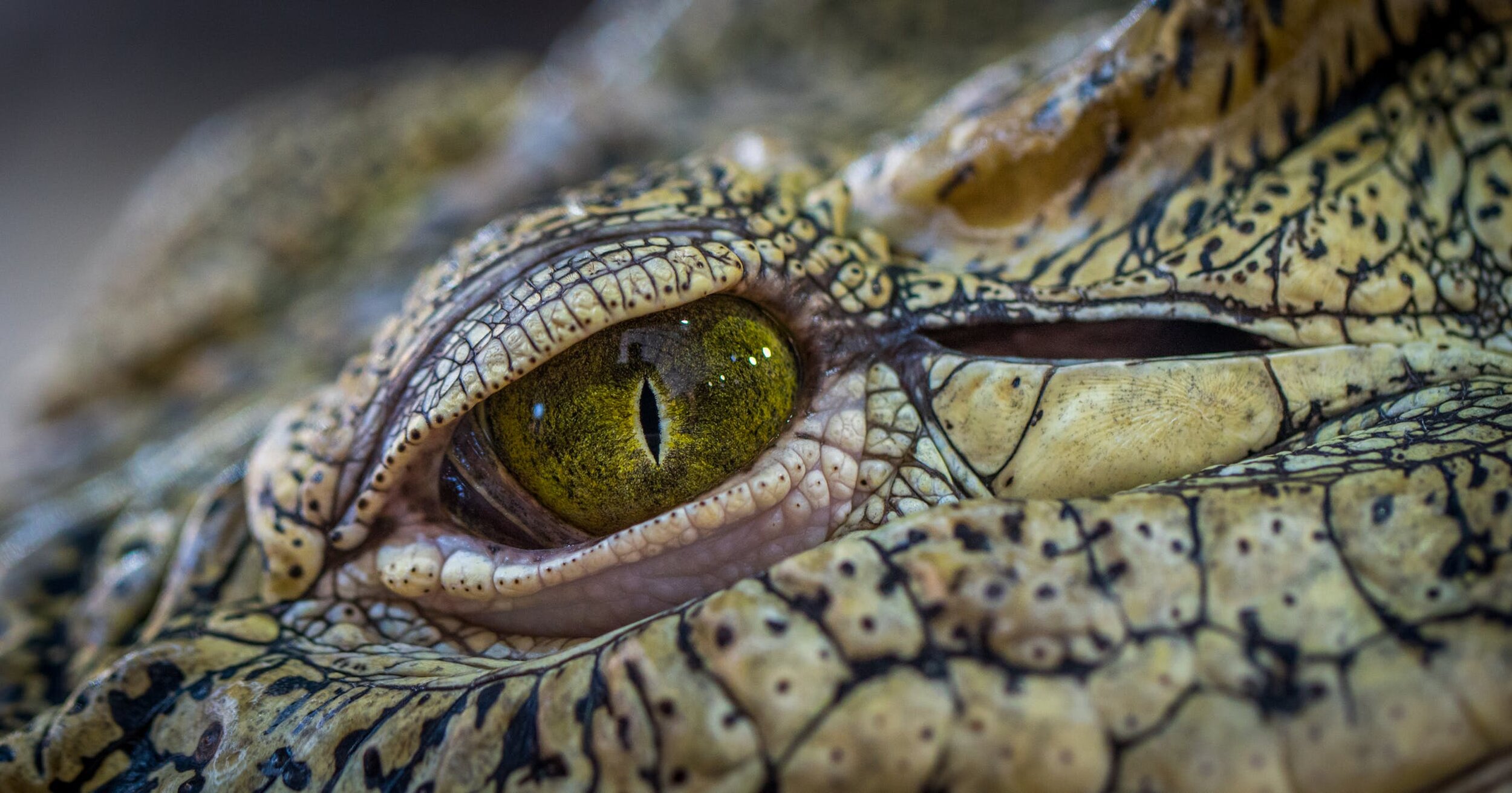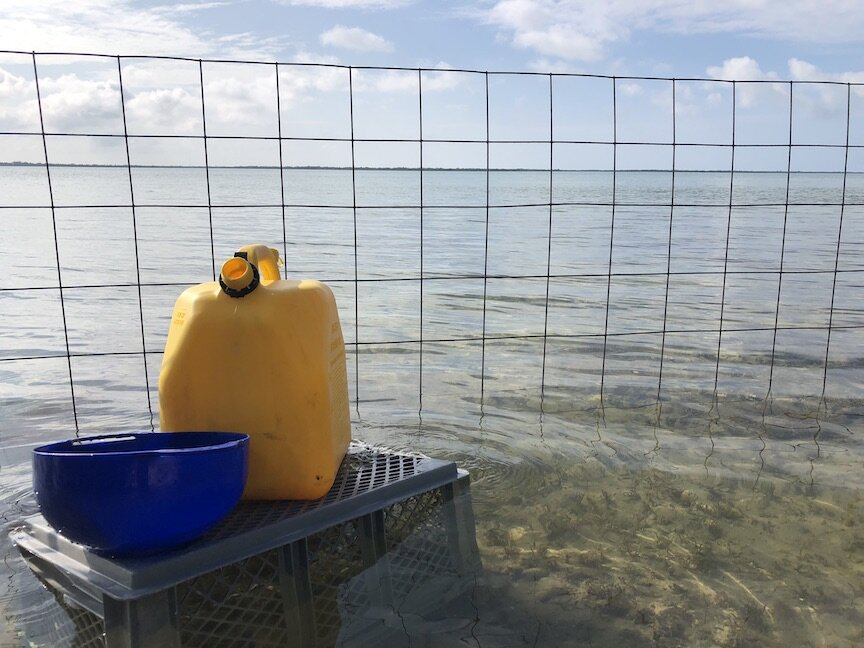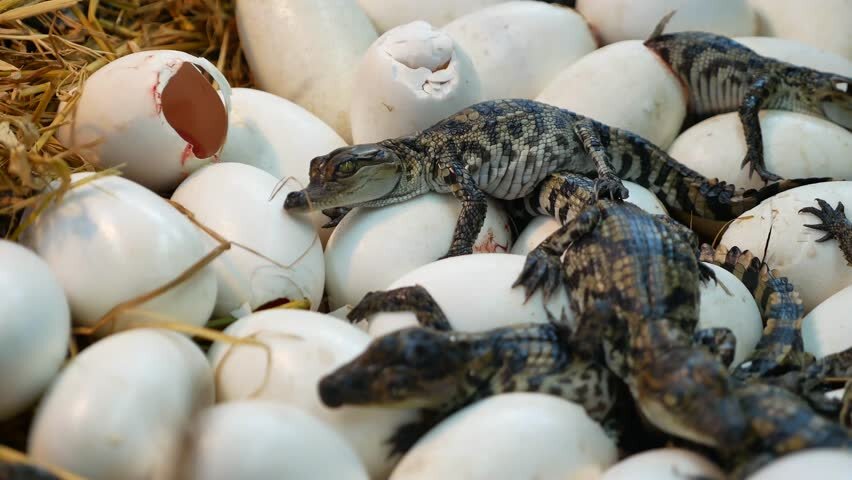
Education
"IN THE END WE WILL CONSERVE ONLY WHAT WE LOVE; WE WILL LOVE ONLY WHAT WE UNDERSTAND; AND WE WILL UNDERSTAND ONLY WHAT WE ARE TAUGHT."
BABA DIOUM - 1968
Education remains the number one asset against the crocodile/human conflict dilemma. There are many misconceived notions surrounding these animals and by following simple safety measures, it’s possible to drastically reduce human casualties.
The Crocodile Foundation primarily operates in parts of the world that do not have efficient crocodile management programs set in place.
We offer a range of educational outreach, promote awareness and set safety precautions in place for villagers, government institutions, local wildlife services and NGO’s.
TCF also offers free educational pamphlets, brochures and signage in various languages from Swahili to Indonesian.
Safety tips, children’s materials, downloads…
Crocodiles ride ocean currents for ocean travel

Safety
Overall, crocodile attacks on humans are largely avoidable. Through education and proper safety measures, conflicts between humans and crocodiles can be greatly reduced.
Safe access to fresh water in rural areas is a chief concern. The Crocodile Foundation teaches locals, NGOs and others on the use of effective safety protocols that will assist villagers and others in their day to day living.
Above: Barriers, water tanks and clean wells provide people safe access to water for washing, drinking and everyday use.
Signage
We provide safety signs in a variety of languages to promote crocodile awareness for locals and tourists alike.
Download safety signs
Outlived the dinosaurs

Assistance
We firmly believe that an educated foundation is needed in order for our two species to safely coexist together. Though occasionally, for reasons typically due to human encroachment and activity, crocodiles are needed to be translocated to ensure the safety of both the public and the animal.
Like any wild animal, crocodiles do not belong in cages. Targeted animals are humanely caught and affixed with GPS tracking transmitters to monitor their movements for further study. Translocations are carefully planned, managed and executed with long-term preservation of the animal, safety of the people and balance of the ecosystem in mind.
Spinosaurus was on the menu

Research
Transmitter attachment to a crocodylus acutus
Our team concentrates their studies on crocodilian ethology from the effects of aversive conditioning prior to relocations/translocations, daily tracking, typical home range, seasonal movements, etc. This collective information are like pieces of a puzzle that when put together, could ultimately assist in the preservation of safe human/crocodile relations.
Targeted animals have a plethora of data taken before translocations; measurements, weight, health, blood samples, etc. These animals are then affixed with GPS transmitters that gather daily data tracking the animal’s telemetry. This information is then relayed back to us for further analysis.
Strong maternal instincts

USA Programs
USA is home to both the american crocodile and the american alligator. The american crocodile (crocodylus acutus) is listed as a threatened species and is federally protected within the US, where their range is limited to extreme South Florida. Over the past few years, this species has done well to reestablish it’s native territory. While oriented to help developing nations, The Crocodile Foundation also offers our knowledge & support at our home base.
Known life expectancy up to 140 years old
















